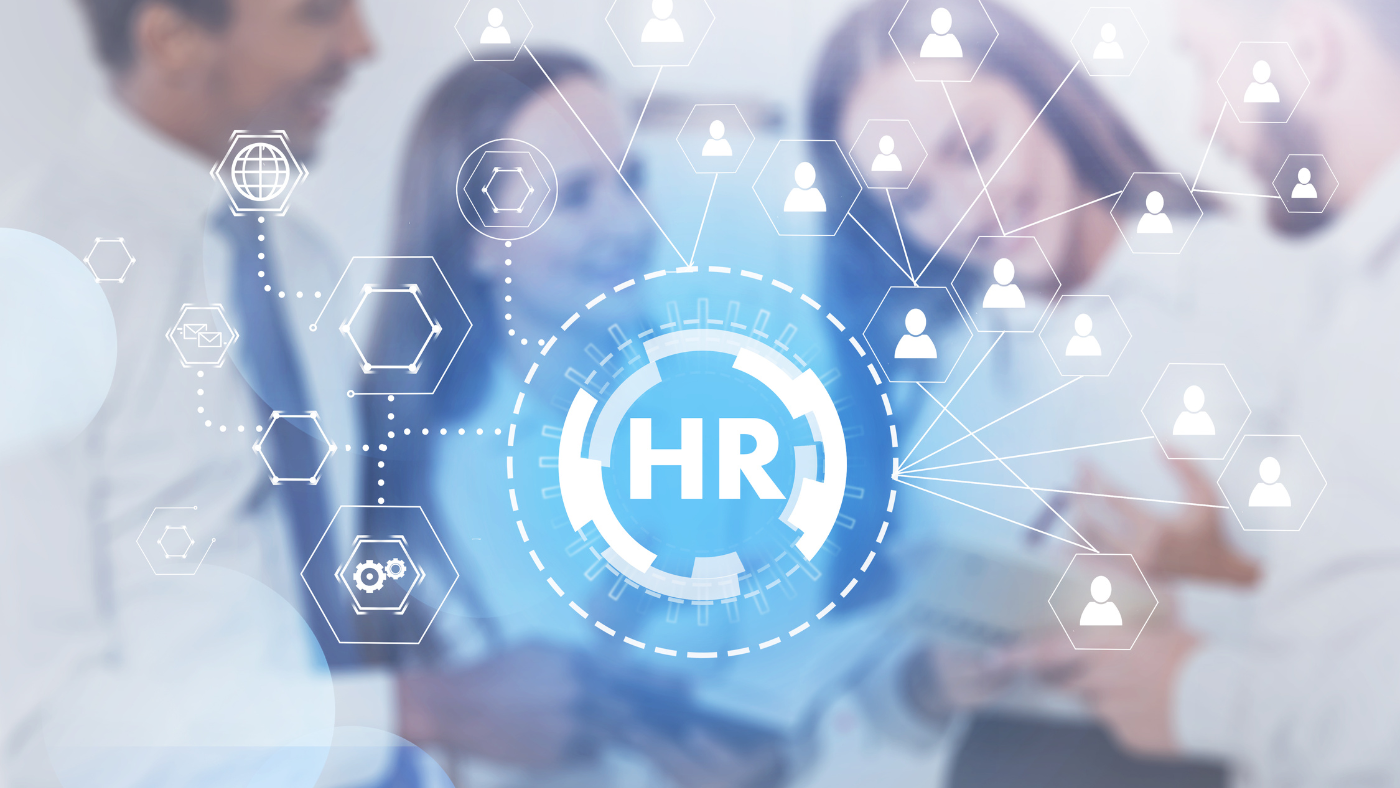Human resources (HR) plays a key role in a company’s overall strategic direction, and when used properly, HR data can help your business achieve its goals. Gathering, analyzing, and synthesizing HR data can help identify workplace trends and pain points, ultimately empowering you to make smarter, informed business decisions.
HR professionals use data to drive initiatives that attract, retain and manage talent – which all positively impacts the bottom line. In this article, we’ll cover how to figure out what data is important to collect for your business, the difference between metrics and key performance indicators (KPIs), and tools you can use to visualize and report on your HR data.
Define data
Knowing which HR data is important to your business depends on your company’s specific needs and strategy. So before you start collecting data, ask your managers and executives where their teams are excelling and falling behind. Find out if there are gaps in areas such as recruitment, training, compensation, performance, engagement, benefits utilization, diversity and inclusion, etc. Then, identify data about the workforce that show HR actions taken to produce results. The goal is to demonstrate that HR actions have outcomes that impact business results.
Once you identify your opportunities and challenges, you can decide on your KPIs, which are quantifiable measurements used to track progress against set goals. For example, if one of your business goals is to improve customer interaction outcomes, a related KPI may be to increase customer satisfaction survey scores to at least 4.5 stars on average. Another example, if one goal is to improve employee retention, a KPI might be to reduce turnover by 50%. To further expand on the analysis, if your organization is tracking turnover and the data indicates that top performers are leaving, the organization may need to adjust compensation or benefits.
All metrics are not KPIs
Although the terms are often used interchangeably, they are very different. Metrics are measurements of overall business health, while KPIs measure progress toward specific goals.
Metrics can cover a wide range of data points and may or may not be directly tied to the company’s strategic goals. They can be important for day-to-day monitoring and operational decision-making but may not always represent indicators that impact the overall success of the organization.
KPIs are a focused set of measurements that help assess whether the organization is progressing toward its goals or if corrective actions are needed. They are of paramount importance as they are directly linked to an organization's long-term success and its ability to achieve its mission.
Knowing which metrics to analyze can help measure meaningful progress against your KPIs.
Visualize your findings
Once you know which data is important to your business and what your KPIs are, the next step is figuring out which HR tech platform you’ll use to collect, analyze and represent that data. Choosing which HR technology platform to use and when to start the buying process is a critical step. In fact, it's so important we published a blog about it last month.
There are a variety of tools out there like Monday.com and Tableau that help gather and visualize your HR data. Just be sure the software you pick will help your team address and remedy the needs you’ve identified, and that they can easily use it to monitor KPIs. HR dashboards should provide a snapshot of important HR metrics in an easily digestible format, including organizational efforts around training, diversity, performance management, recruitment and onboarding, compensation, turnover and more. They can and should be customizable to suit your business goals and KPIs.
Make better business decisions
After you’ve collected, analyzed and visualized your HR analytics, you’ll be able to make data-driven decisions that positively impact your business. There’s no need to guess or simply rely on intuition when it comes to something as important as achieving your goals. With the right strategy in place, you can ensure your HR data is working for you to provide valuable insights.
Want to start using HR data to meet your business goals? Contact NB Business Solutions today!
